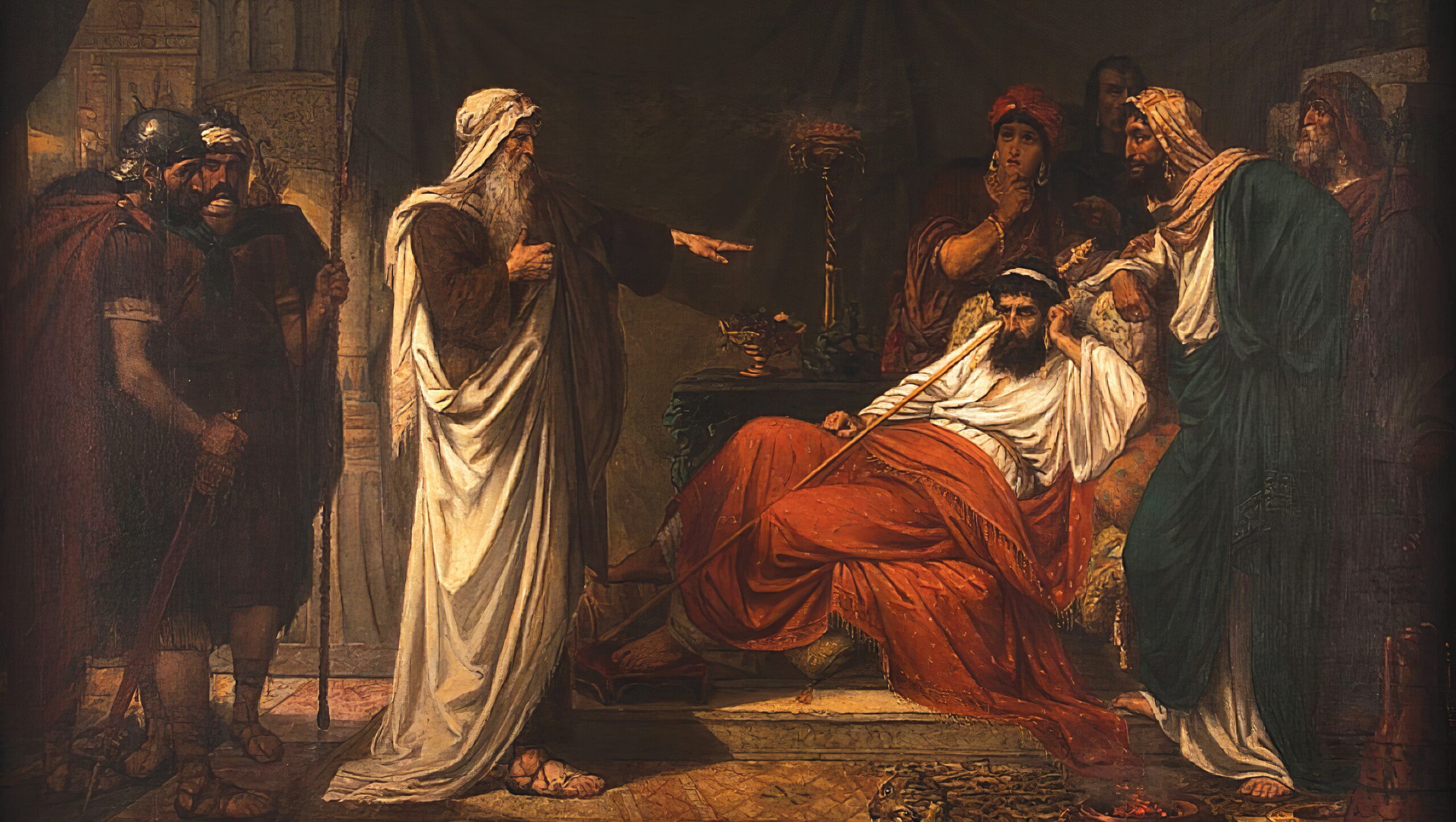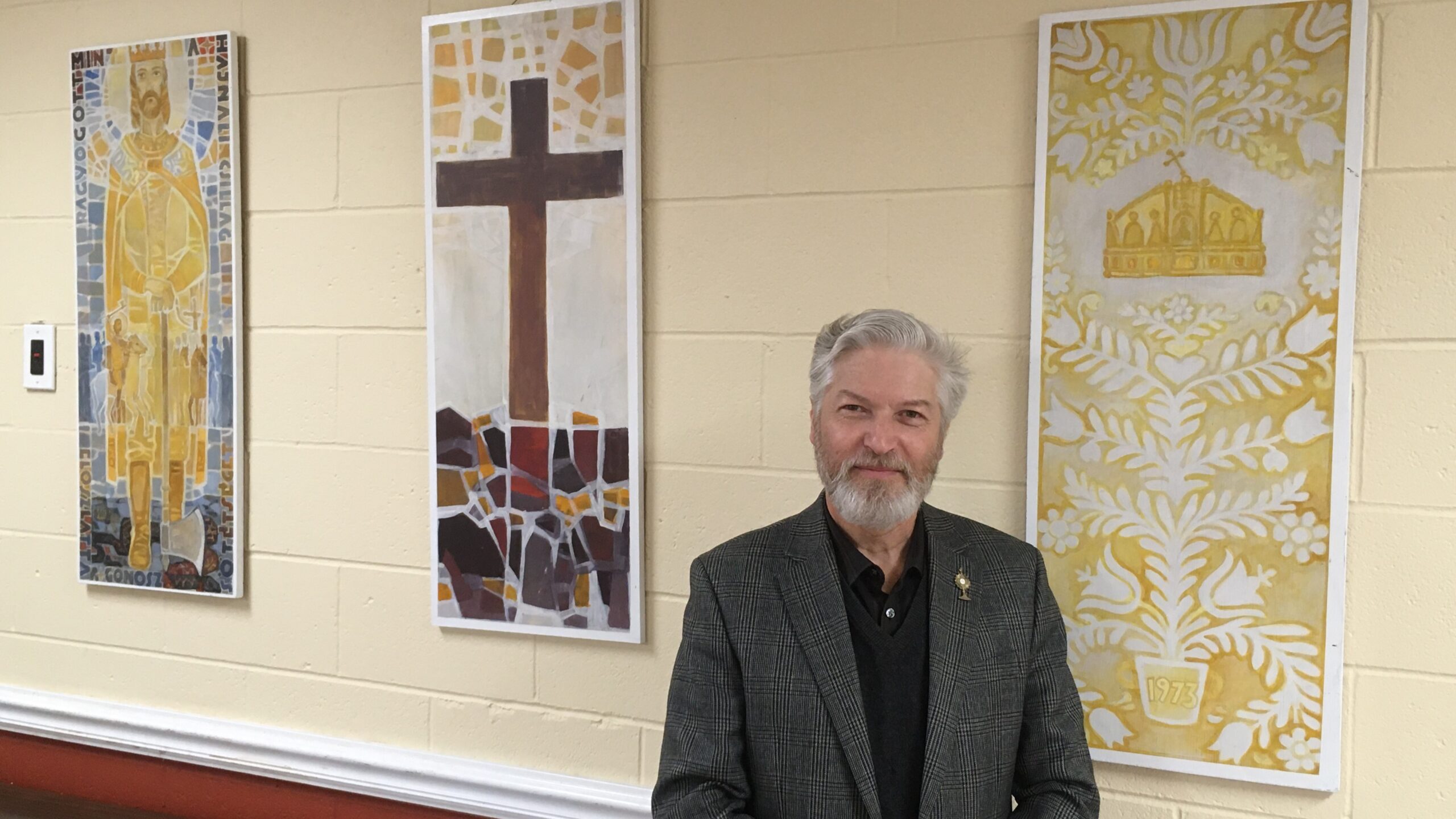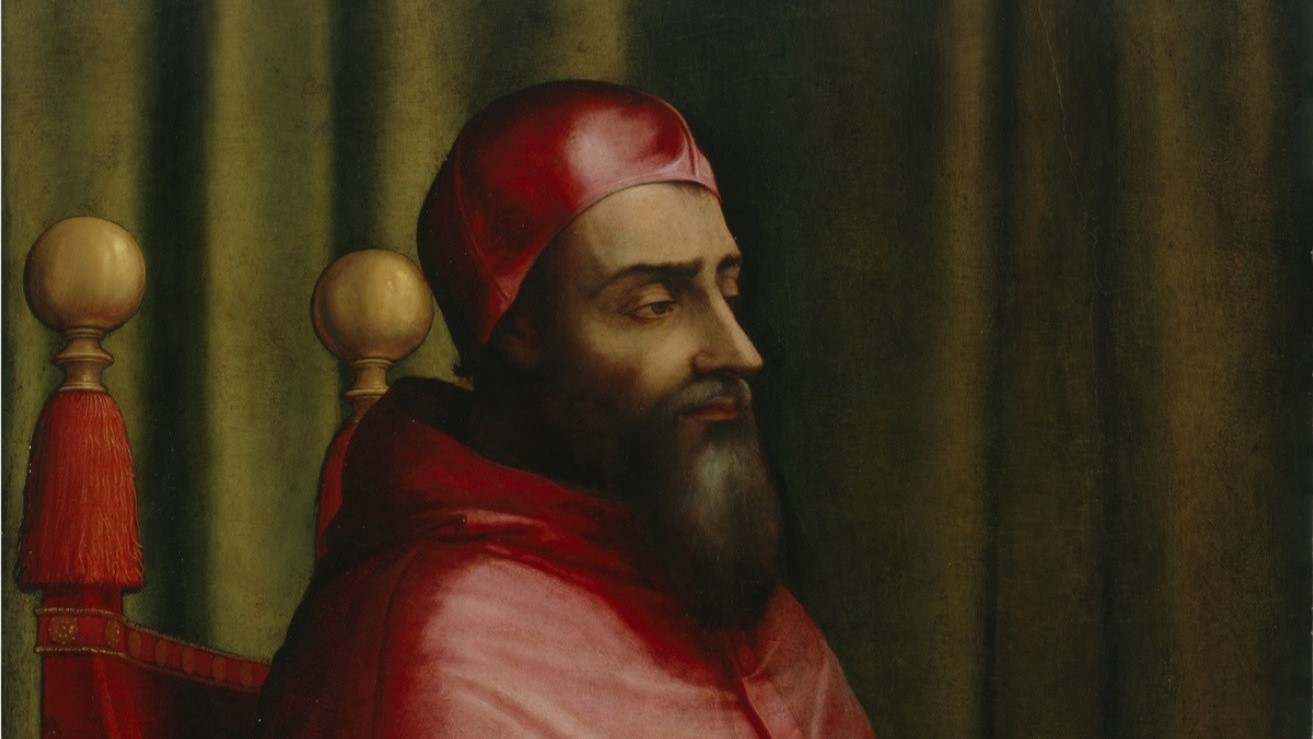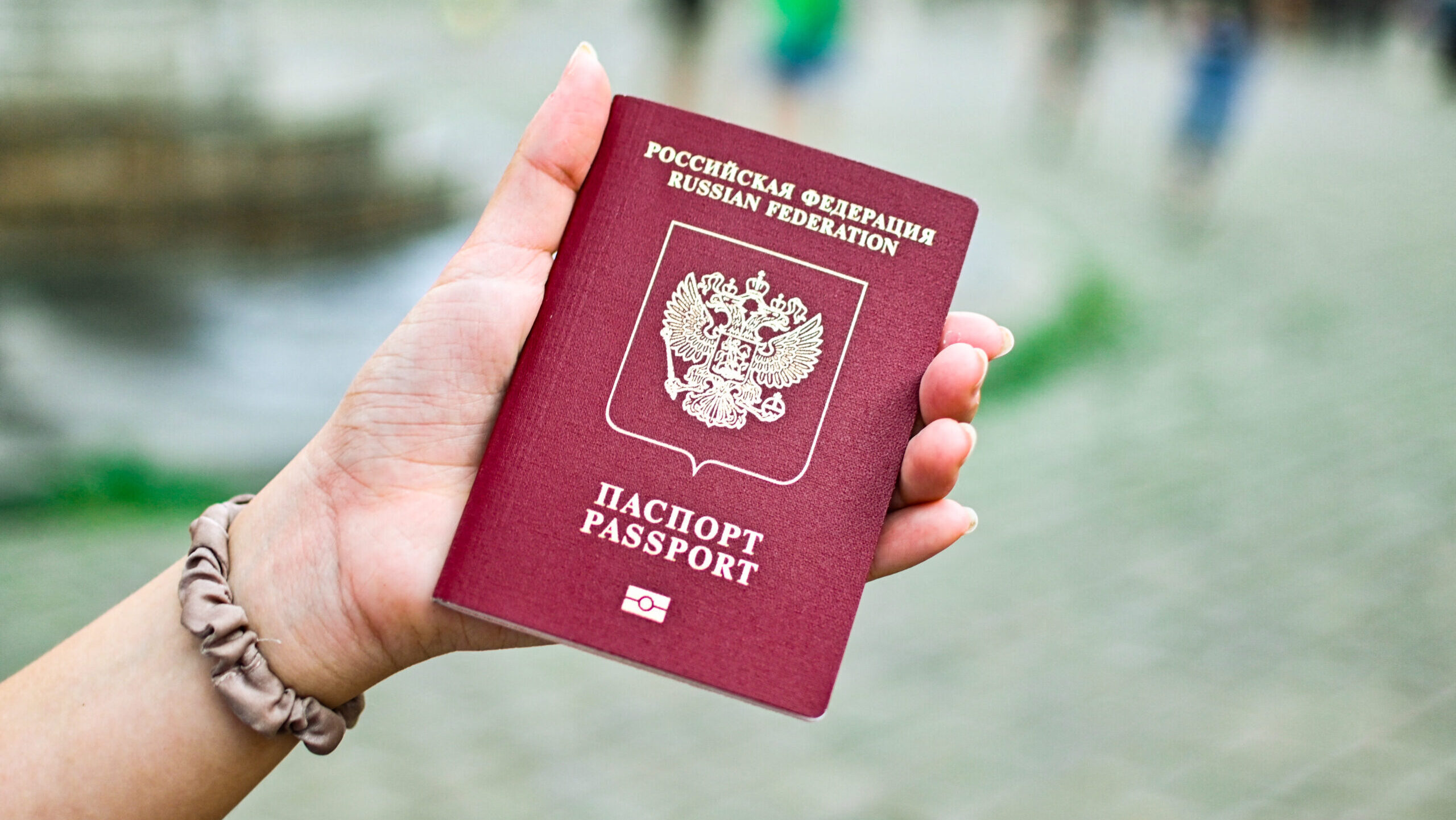
The Future of Christianity in Politics
‘Christianity from its beginnings has presented something new with regard to political life: a certain indifference, if I may put it that way, to the political regime. That is, it enjoins rendering unto Caesar the things that are Caesar’s, and unto God the things that are God’s, and hence obeying one’s rulers so long as they do not demand sin, especially idolatry. These injunctions are founded on the faith that the City of God rather than the City of Man is man’s ultimate destiny.’









